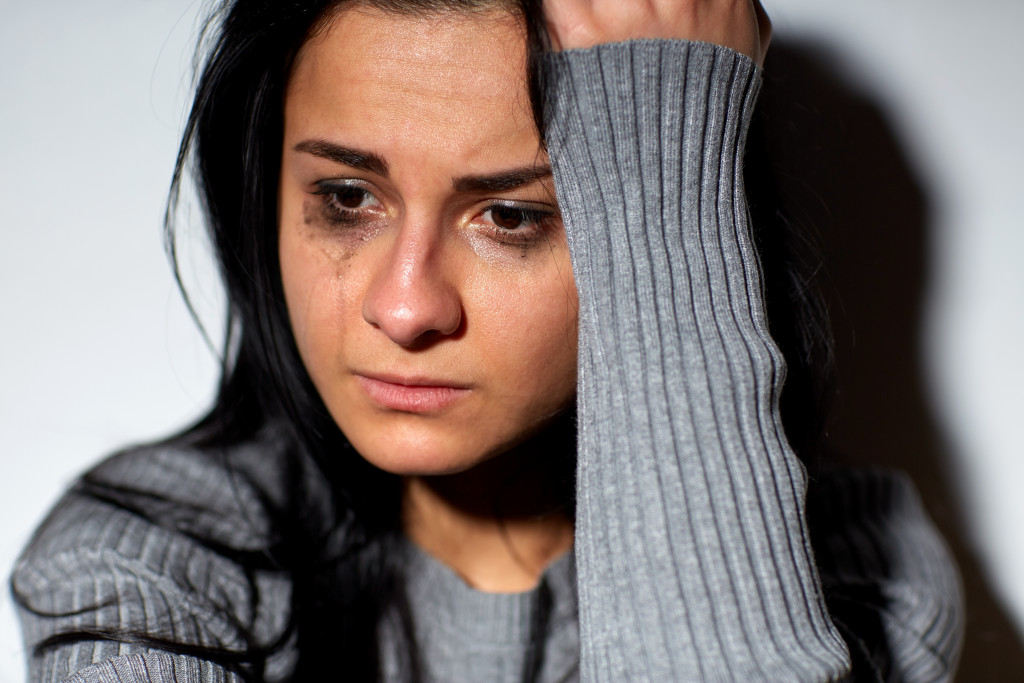- Abuse can come in many forms, such as physical, emotional, financial, or verbal abuse.
- Signs of abuse include jealousy and possessiveness, belittling behavior, and emotional insults.
- Seek help from hotlines, support groups, therapy, domestic violence law firms, and other specialized experts.
- Create a safety plan with safe places to go, a code word for help, and legal options.
Marriage is supposed to be a beautiful and fulfilling union that lasts until death do us part. However, not all marriages turn out this way. Some marriages become toxic and abusive, leaving the abused partner trapped and unable to escape. Abuse can come in many forms, such as physical, emotional, financial, or verbal abuse.
Regardless of the abuse, it is never acceptable, and everyone deserves to live in a safe and secure environment. If you find yourself in an abusive marriage or know someone who is, this blog is for you.
Recognize the Abuse
Abuse is a complex topic, especially involving someone close to you. It is tough to swallow that someone you love could be capable of hurting you. But the reality is abuse is all around us, and it can be hard to recognize the signs. For those unsure of what abuse looks like, it can be challenging to identify when we are in dangerous situations. Here are some of the common signs of abuse:
Jealousy and Possessiveness
When your spouse constantly questions where you are going, who you are talking to, and what you are doing, this can signify jealousy and possessiveness. They may also try to control your behavior by dictating how you dress or act in public.
Emotional Abuse
This is a sign of emotional abuse if your partner constantly belittles or insults you about your appearance, intelligence, or achievements. They may also try to make you feel guilty or shameful for no reason.
Seek Help

In an abusive marriage, seeking help is the first step toward safety and healing. It takes a lot of courage to acknowledge that you’re in an unhealthy situation, but rest assured that you’re not alone. Resources are available to help, from hotlines to support groups and therapy.
Consult experts specializing in your specific situation, as they can provide more tailored advice and support. For example, a domestic violence law firm can help people in abusive situations understand their legal rights and provide guidance on seeking protection. Meanwhile, therapists can provide strategies to cope with the emotional trauma of abuse.
Reaching out for assistance can be daunting, but it’s important to remember that you deserve a life free from abuse. No one should have to endure physical, emotional, or psychological harm. Some people care about your well-being and are ready to support you toward a better future.
Create a Safety Plan
Anyone can be a victim of domestic violence, regardless of age, gender, sexual orientation, or socioeconomic status. Here are some practical steps that you can take to make a safety plan that suits your individual needs and circumstances.
Identify safe places to go.
In an emergency, it’s vital to have a list of places to go for safety. This could include a friend’s house, a shelter, a public place, or a relative’s place. Make sure to have multiple safe areas in case one is unavailable, and inform a trusted friend or family member of your plan.
Have a code word
Choose a code word you can use with someone you trust to indicate that you’re in danger and need their help. It could be a word or phrase that’s easy to remember, but not too noticeable. For example, you could use “pineapple” or “orange juice” to signal for assistance.
Legal Options
If you decide to leave your abusive partner, you need to know your legal options. A legal professional can help you understand your rights and what steps to take to protect yourself legally.
They can help you file for divorce, get a restraining order, or file charges against your abuser. Legal options can be essential in keeping you and your children safe and starting a new life free from abuse.
Self-care

Leaving an abusive marriage is complex and can affect your mental and physical health. That is why self-care is essential. Take care of yourself, and prioritize your physical and emotional well-being.
Surround yourself with supportive people and engage in activities that bring you joy. Therapy can also help you recover from the trauma of abuse and develop healthy coping mechanisms.
The Bottom Line
Getting out of an abusive marriage is not easy; it takes courage, strength, and a support system. Remember that you are not alone; people and resources are available to help you. Recognize the abuse, seek help, create a safety plan, know your legal options, and prioritize self-care. You deserve to live in a safe and secure environment, and there is hope for a better future.

